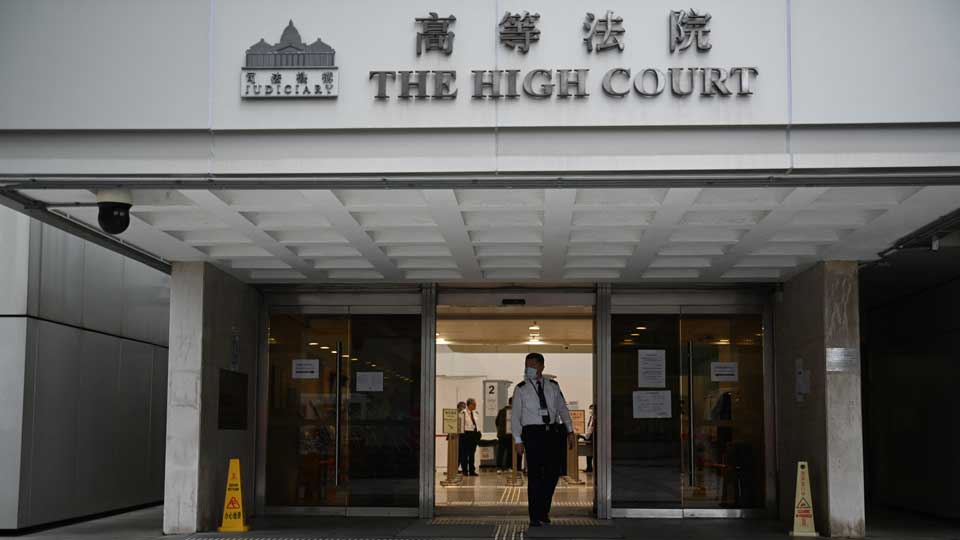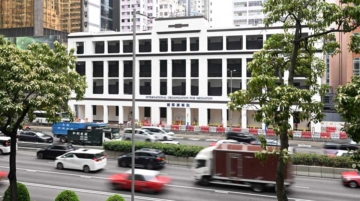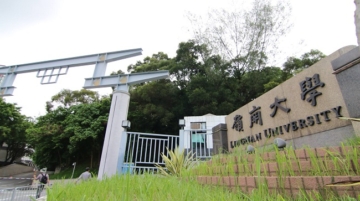
When a South Asian Foodpanda rider injured during a typhoon in Hong Kong was awarded $167,000 (HK$1.3 million) in compensation, the case instantly stood out—not just for the size of the payout, but for what it revealed about the city’s labor landscape. Hong Kong, a hub for South Asian and Southeast Asian migrant workers in blue-collar sectors, enforces labor protections far stricter than those on the Chinese mainland. That difference has now produced a ruling with implications well beyond the city’s borders.
On September 3, Hong Kong’s High Court ruled that Foodpanda’s Hong Kong operator, Delivery Hero Food Hong Kong Limited, must pay damages to 48-year-old Khan Farooq Ahmed, who was injured in 2020 while returning home after completing an order during Typhoon Signal No. 8.
The court found the platform 80% liable for failing to shut down its automated dispatch system in a timely manner, with the judge stressing that “technical limitations cannot serve as an excuse.”
Ahmed, who had earned around $3,600 a month before the accident, suffered lasting injuries that cut his earning potential nearly in half. The judgment also underscored the structural pressures facing riders: refusing orders during severe weather risks customer complaints and lower performance ratings, even as demand for deliveries typically spikes when conditions are most dangerous.
The implications of this ruling extend far beyond Hong Kong. As extreme weather becomes more frequent, accidents like this are no longer exceptional. They are foreseeable risks that companies are expected to manage and mitigate. That expectation is especially pressing in the Global South, where storms, floods, and heatwaves regularly disrupt urban life, and where gig workers are often those most directly exposed to danger.
Unlike in mainland China, where labor protections for delivery workers remain limited, Hong Kong’s courts impose strict duties on employers to safeguard employees in hazardous conditions.
Why Is This Important? For Chinese firms seeking to globalize, the message is clear. Extreme weather is no longer an act of God beyond corporate responsibility; it is a predictable challenge, and legal systems in climate-vulnerable markets will increasingly hold companies to account. Hong Kong’s ruling is a warning shot: in the Global South, worker safety is inseparable from business survival.







